Australian building companies collapse: pros and cons of buying off the plan
A perfect storm of skilled labour shortages, supply chain disruptions and rising material costs has sent scores of Aussie building companies bust - so is an off the plan investment safe? Here’s what you need to know.
NSW
Don't miss out on the headlines from NSW. Followed categories will be added to My News.
A perfect storm of skilled labour shortages, supply chain disruptions, rising material costs and extreme weather has sent scores of Aussie building companies bust - so is your off the plan investment safe? Here’s what you need to know.
It all started in 2021 - and since then, some of Australia’s top firms have been collapsing like dominoes while others hang on by a thread.
Relentless coronavirus restrictions added to the skyrocketing costs of material and labour hire for builders, which ate into their profits and left many of them unable to complete jobs.
It led to a mass exodus of the construction industry, leaving hundreds of projects incomplete, thousands of jobs lost and millions of dollars owed in debt.
But it’s not all doom and gloom for investors, there are ways to avoid disaster and things to keep an eye out for when investing off the plan.
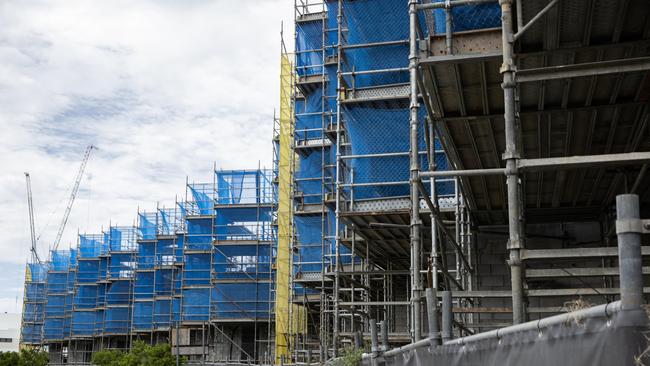
Jeffrey Choy, the Principal of JCL Legal, said people who were looking to buy a property off the plan should proceed with caution as he believed the risks often outweighed the benefits.
“I must declare that I personally am not a great proponent of such purchases, as I see the risks far outweighing the benefits in buying a property that has not been constructed,” Mr Choy said.
“You are not guaranteed that the display property will faithfully reflect the finished property which you believe that you are purchasing.
“Each contract needs careful examination to review the conditions in your contract. It may be that certain conditions may be amended to better protect your purchase or after careful consideration it may be preferable to forego such a purchase.”
Mr Choy highlighted the bleak reality many builders face in today’s economic crisis.
“Unfortunately, in this economic climate builders have been under great economic stress with delays due to weather and rising costs of materials that several years ago were totally unforeseen,” he said.
“As a result, I have had to assist builders and off the plan purchasers, negotiate these difficult times unforeseen when the construction or purchases were commenced.
“In purchasing an established property many of the above-mentioned risks are either non-existent or minimalised.”
Australian building companies that have folded or are on the brink of collapse:
PBS BUILDING
The building giant abandoned its projects across the country after an annual financial statement lodged with ASIC reported a $2.56m loss in 2022 compared to a profit of $3.26m the previous financial year. The award-winning company employs 190 people and has now abandoned its development sites, leaving Aussie projects in limbo.
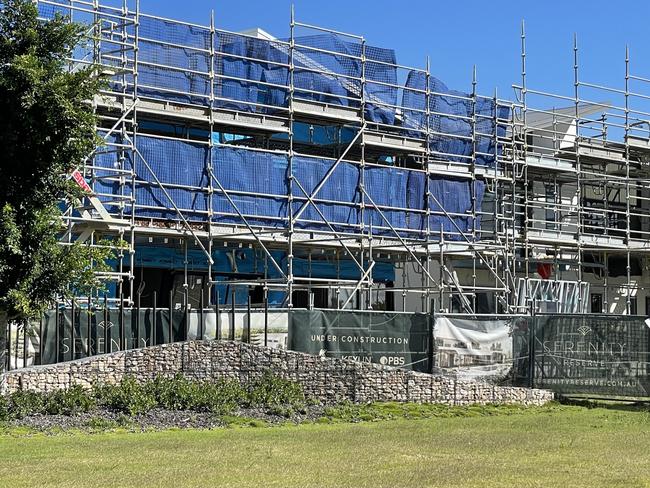
PANTHA HOMES PTY
Last month residential builder Pantha Homes Pty Ltd collapsed and just this week a notice was put out about its liquidation status. It is reported that the company owes at least $260,000 to suppliers.
AJIT CONSTRUCTION
The Sydney based building company collapsed earlier this month, impacting up to 19 homeowners. Many families had been forced to lodge cases against the company, Ajit Constructions, with the NSW Civil and Administrative Tribunal (NCAT) last year to try and claw back hundreds of thousands of dollars. Now Ajit Constructions has been ordered into liquidation by the Supreme Court of NSW after an application by one of its trade creditors Boral Resources NSW.
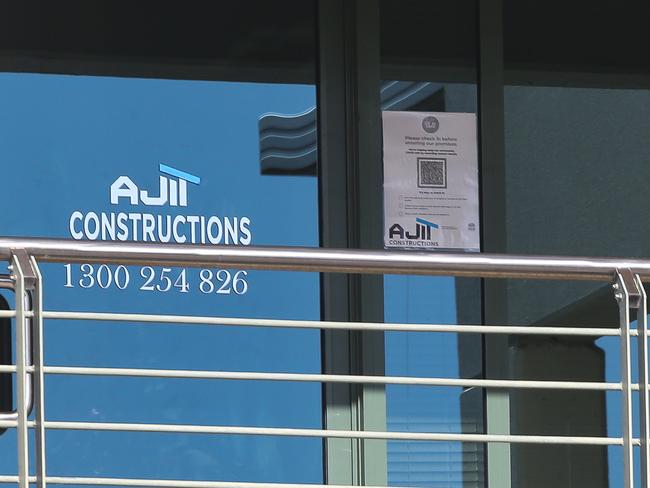
DELCO BUILDING GROUP
The former winner of a Master Builders Victoria Excellence in Housing award for its transformation of a 1887 double-fronted cottage has gone under.
The company was placed in liquidation last month owing $780,000 to 50 creditors.
PROBUILD
Probuild’s collapse sent shockwaves through the Australian building industry.
The construction giant revealed they are facing a “nightmarish” situation with at least 2300 individual creditors identified so far and more than $14 million owed to 784 workers.
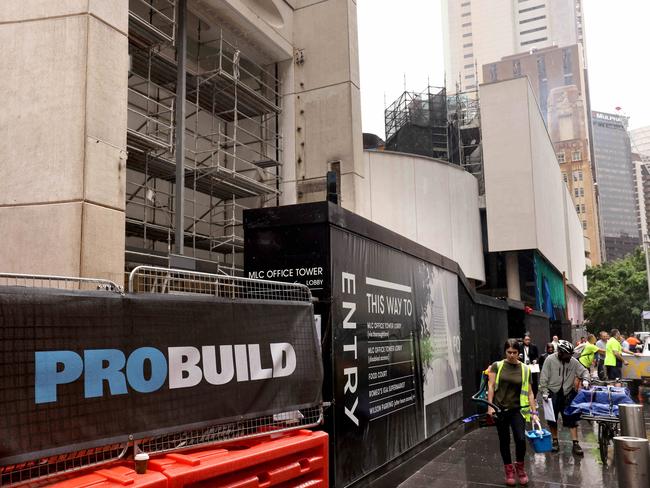
EQ CONSTRUCTIONS
EQ Constructions was responsible for many large projects including high rise apartments and luxury apartment blocks. They went into administration last month owing at least $40 to $50 million.
HAMLEN HOMES
The Western Australian building firm collapsed into administration earlier this year. 18 projects with 11 residential builds have been impacted by the collapse. Hamlen Homes owes 30 creditors $800,000 and there is $600,000 worth of outstanding debt due to the Australian Taxation Office.
CONDEV CONSTRUCTION
Hailing from the Gold Coast in Queensland, Condev Construction went into liquidation after its owners were unable to secure a reported $25 million bailout from developers to deal with rising building costs, weather events and Covid delays impacting multiple sites.
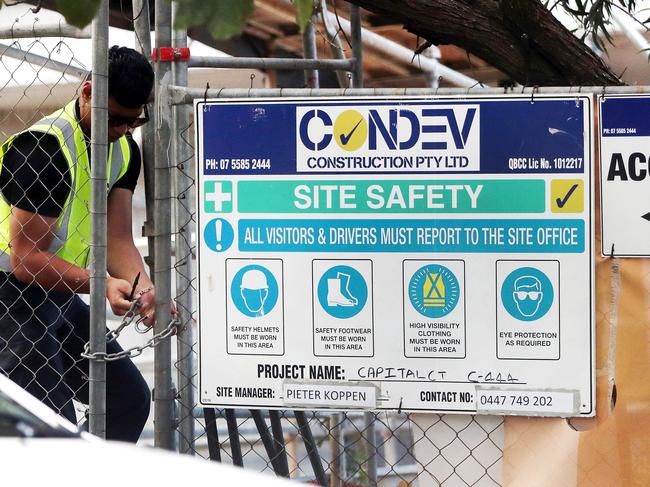
PIVOTAL HOMES
Pivotal Homes’ managing director Michael Irwin announced the organisation had gone into liquidation last year, pointing to rising labour and construction costs as the reason it was impossible to carry on.
PRIVIUM
The Queensland based company was placed in liquidation late in 2021. They took a $3 million punt on cryptocurrency before going bust and also transferred more than half a million dollars to a Christian charity.
HOME INNOVATION BUILDERS
The Western Australian company was placed into the hands of liquidators last year after months of soaring material and labour costs in the wake of Covid delays forced the company under.
NORRIS CONSTRUCTION GROUP
The Victorian based construction company has $27 million in debt and owes $3.2 million to approximately 140 staff, according to the liquidator’s report.
They collapsed in March 2022 and it is unlikely to be able to repay all of its debt.
ORACLE HOMES
In 2022, it was reported Queensland company Oracle Homes was placed in the hands of liquidators. Up to 170 homes in NSW were left unfinished and the company may owe secured and unsecured creditors about $14 million, according to Mr Cotter’s insolvency firm Robson Cotter.
Editor’s Note: A previous version of this article included a small photo of St Hilliers. There’s no suggestion St Hilliers has collapsed or is at risk of collapsing.





